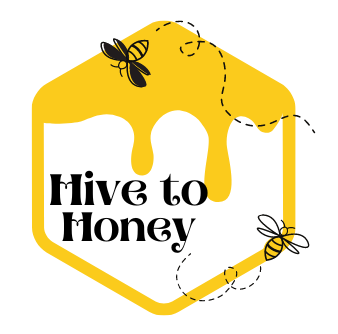Importance of Honey Bees for Ecosystems
The Importance of Honey bees for Ecosystems: Guardians of Pollination and Biodiversity
Honey bees play a vital role in maintaining the delicate balance of ecosystems worldwide. As pollinators, they facilitate the reproduction of flowering plants, including many agricultural crops and wild plants. Beyond honey production, honey bees contribute to biodiversity, food security, and the overall health of ecosystems. In this article, we will explore the significance of honey bees for ecosystems and shed light on their indispensable role in sustaining life on our planet.
Importance of honeybees for ecosystems:
Honey bees are exceptional pollinators and perform a critical service by transferring pollen from male flower parts (anthers) to female flower parts (stigma). This process fertilizes the plants, enabling them to produce fruits, seeds, and new generations of plants. Approximately 75% of the world’s leading food crops rely on pollinators like honey bees, including fruits, vegetables, nuts, and oilseeds. The pollination services provided by honey bees are estimated to contribute billions of dollars annually to global agriculture.
Honey bees contribute to the preservation of biodiversity. As they forage for nectar and pollen, they inadvertently transfer pollen between different plant species, aiding in the reproduction and genetic diversity of plants. By facilitating the pollination of a wide range of plants, honey bees support the health and resilience of ecosystems, ensuring the survival of various plant species, including those critical for wildlife habitats.
Honey bees can play a role in habitat restoration efforts. As they forage, honey bees visit numerous plant species and can aid in the dispersal of seeds, facilitating the regeneration of vegetation in degraded areas. By contributing to the growth and spread of plant species, honey bees support the restoration of ecosystems and help combat habitat loss and fragmentation.
The presence of honey bees and their pollination services benefit numerous wildlife species. Many animals rely on the fruits, seeds, and nectar produced by flowering plants for their survival. Honey bees help sustain the food web by ensuring the availability of these resources, indirectly supporting birds, mammals, insects, and other organisms that depend on plant-based food sources.
Honey bees themselves represent a remarkable genetic diversity. They exhibit regional adaptations and specific traits suited to different environments. Preserving and maintaining diverse honey bee populations is crucial for the long-term health and resilience of bee populations worldwide. Genetic diversity helps honeybees withstand environmental changes, pests, diseases, and other challenges they may face.
While the ecological importance of honey bees extends beyond honey production, the economic and cultural significance of honey cannot be overlooked. Honey has been valued by humans for centuries as a natural sweetener, food source, and medicinal ingredient. Honey production provides economic opportunities for beekeepers, supports local agriculture, and contributes to the cultural heritage of communities worldwide.
Honey bees are not just industrious insects that produce honey; they are ecological superheroes crucial for the functioning of ecosystems. As vital pollinators, honey bees ensure the reproduction of numerous plant species, including crops that form the foundation of our food systems. Their role in supporting biodiversity, habitat restoration, and wildlife populations further highlights their significance for healthy and sustainable ecosystems. Recognizing and protecting honeybees and their habitats is essential to maintain the delicate balance of our natural world and secure a thriving future for both humans and wildlife.
More From The Hive:

Unveiling Turkey’s Sweet Symphony: Exploring Honey Types and Varieties
Turkey, a land where ancient traditions meet breathtaking landscapes, has a rich history of honey production and a remarkable diversity of honey types. With its diverse climate zones, vast floral resources, and a strong culture of beekeeping, Turkey offers an ideal environment for bees to gather nectar and create a

Discovering Ethiopia’s Golden Treasures: A Journey Through Honey Types and Varieties
Ethiopia, a land known for its rich history, vibrant culture, and breathtaking landscapes, is also celebrated for its diverse and high-quality honey production. With its lush forests, fertile valleys, and vast floral resources, Ethiopia offers an ideal environment for bees to thrive and create a wide range of honey types.
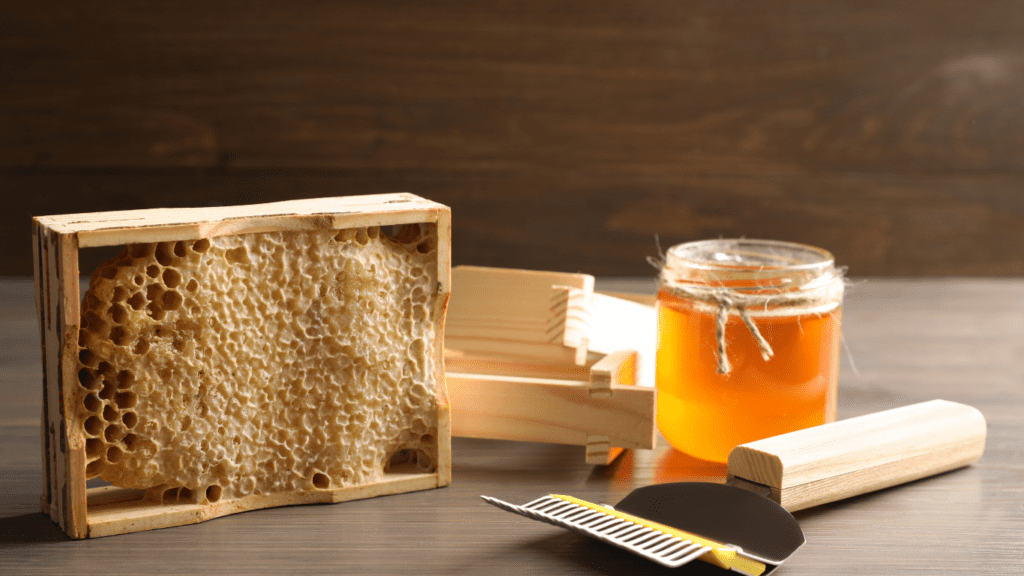
Getting Started with Beekeeping: Essential Equipment and Supplies
Starting your journey as a beekeeper is an exciting endeavor that allows you to connect with nature, support pollinators, and reap the rewards of honey production. To set yourself up for success, it’s crucial to have the right equipment and supplies. In this blog, we will guide you through the
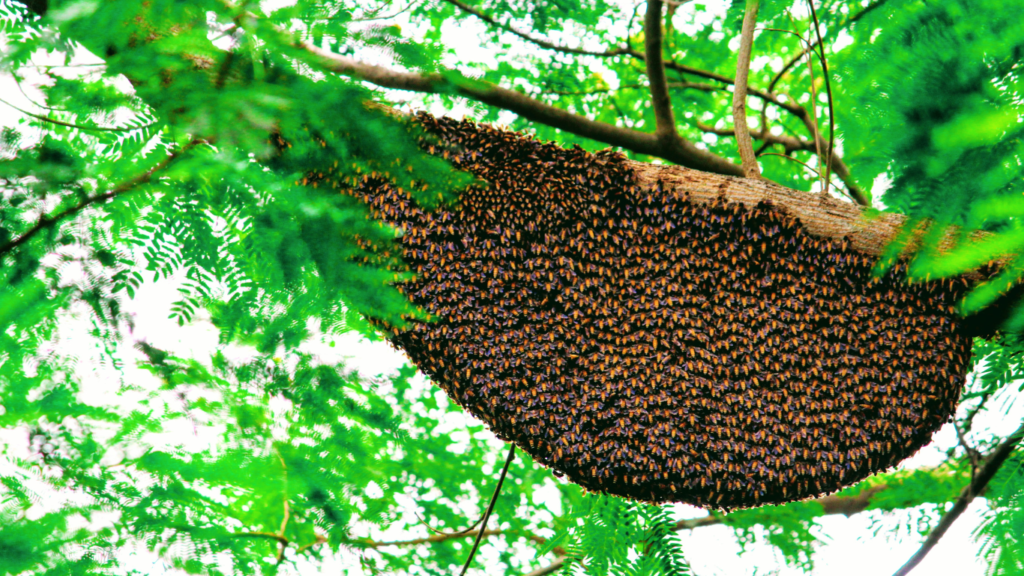
Choosing the Right Hive: Exploring Different Beehive Types
Selecting the right beehive is a crucial decision for beekeepers. The beehive serves as the home for your honeybee colony and plays a vital role in its success and productivity. With various hive types available, it’s important to understand their unique characteristics and suitability for your beekeeping goals. In this
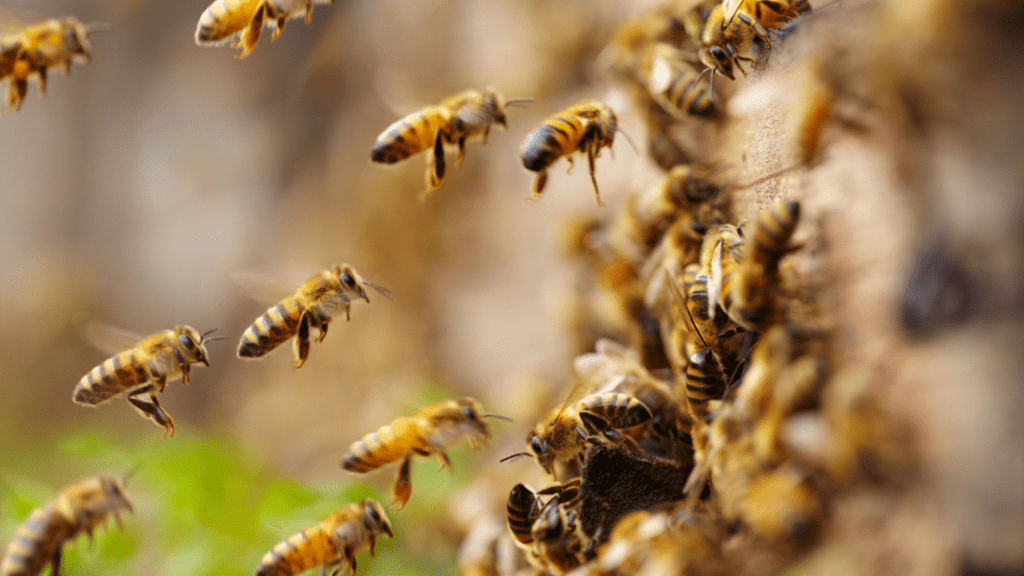
The ABCs of Bees: A Beginner’s Guide to Understanding Bee Basics
Bees are incredible creatures that have been buzzing around for millions of years, playing a vital role in our ecosystem. From pollinating flowers to producing delicious honey, bees are an integral part of our natural world. If you’re new to the world of bees and want to unravel the secrets
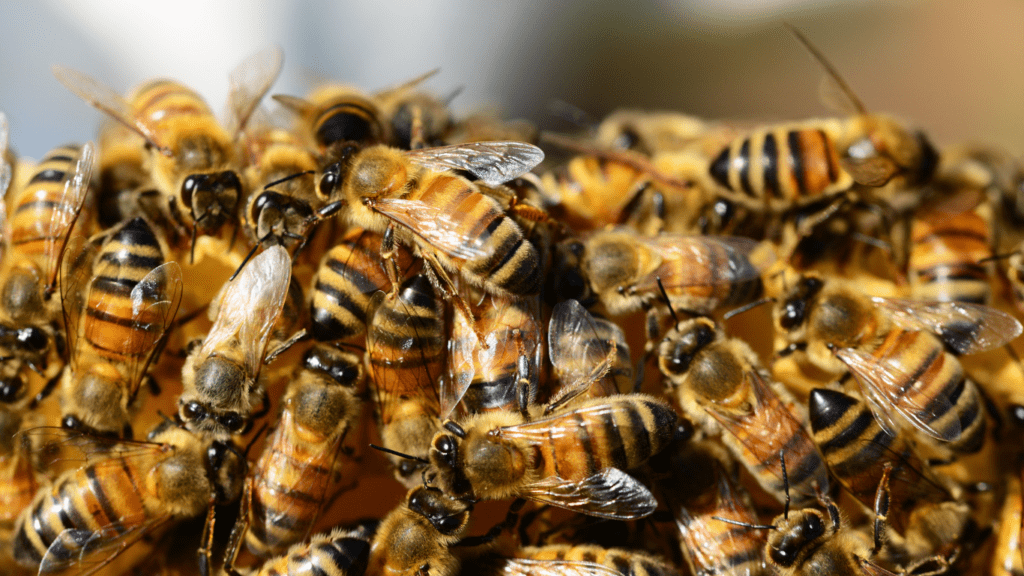
The Secret Life of Bees: Unraveling the Intricacies of Bee Behavior
Bees, with their intricate social structure and fascinating behaviors, lead a secret life that is both awe-inspiring and complex. As we delve into the hidden world of bees, we uncover a realm of communication, cooperation, and efficiency that is vital to their survival and our ecosystem. In this blog, we
